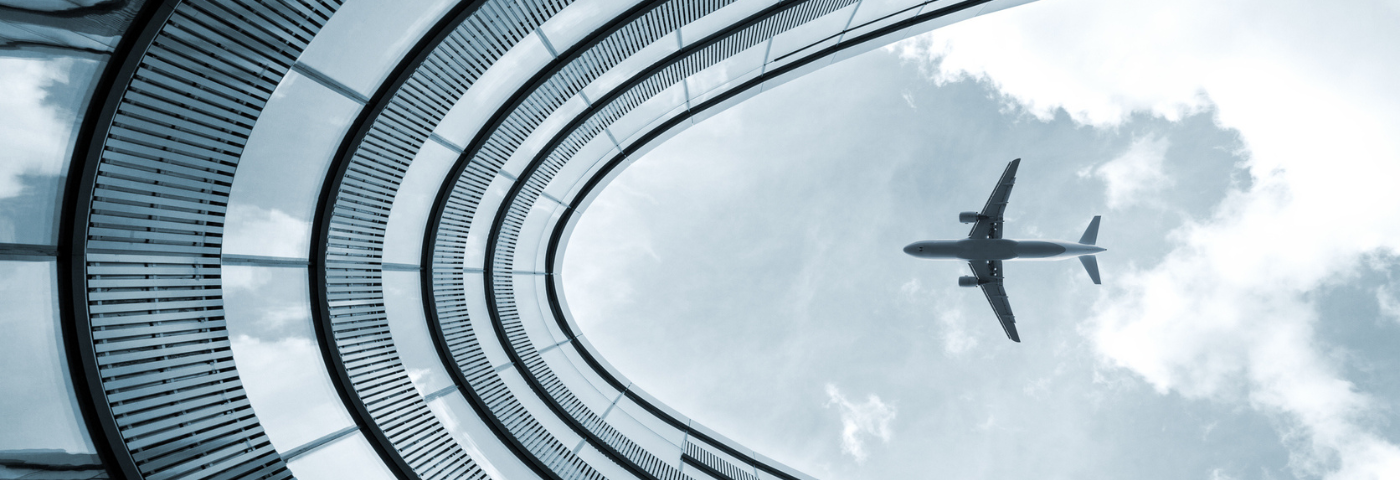Anyone trying to book flights this summer will know that securing seats to popular destinations has been both difficult and expensive. With so many pressures on airline costs, does this mean that the era of 99p fares that began in the mid 1990s with the launch of airlines like Ryanair and easyJet are well and truly over?
A number of factors have conspired to push up prices. Firstly, Covid forced airlines to cut back on the number of flights and seats and that capacity has yet to return to the market. According to OAG, global airline capacity in the week commencing 19 September was 97.4 million seats, some 14.7% below where it was in the same week in 2019.
In the UK, this cutting of capacity has not been helped by airport capacity caps which were introduced in a bid to avoid lengthy queues, delays and cancellations. Heathrow, for example, implemented a 100,000 passenger a day cap over the summer and this has been extended into October. This is less than half of the number of passengers who passed through the airport each day in pre-Covid times.
The final piece of the jigsaw is pent-up demand. Two years of Covid left many people desperate to go on holiday or to fly out and meet their business customers and prospects. This has led to the perfect storm in airfares.
So what sort of increases have we been seeing?
According to forecasts by travel company CWT and the Global Business Travel Association, average global airfares jumped by 48.5% in 2022. That said, this increase came off the back of two years of declines: 12.4% in 2020 as Covid kicked in and a further 25.9% in 2021. While the 2022 jump was huge, the average air fare itself had still not recovered to pre-Covid levels. However, the organisations have predicted further rises in global average airfares of 8.4% in 2023 and 1.7% in 2024.
The concern for travellers, whether for leisure or for business, is that fares may never go back to where they were before the pandemic.
In the short-term, airlines are unlikely to be able to expand capacity at a fast rate. Many are busy paying back loans they took out during Covid and the aviation industry as a whole is finding it difficult to recruit, with many having left the sector altogether during Covid.
The price of jet fuel will continue to weigh heavily on airfares.
The cost of fuel represents around 20 to 30% of the total costs of an airline so any change in the cost if jet fuel is hugely painful, firstly for the carriers and then for their customers. According to IATA, the price per barrel of jet fuel is now almost 50% higher than it was at the same point last year, largely because of the effect of the war in Ukraine. IATA says that, as a result, the world’s airlines are now paying more than $130 billion extra for their fuel in 2022 than in 2021. That will inevitably translate into fares and the longer the war in Ukraine continues, the upwards pressure on jet fuel is unlikely to be relieved.

Sam Argyle, managing director of online travel agency Alternative Airlines says that the era of “really low cost is over”.
“Airfares are going to be expensive over the next couple of years for a number of reasons: less airline capacity and higher inflation. People will also have less income to spend because of higher energy costs.”
The OTA which specialises in offering a variety of payments options, including using cryptocurrency, has seen a surge in people paying in instalments.
Ryanair boss Michael O’Leary said that those really low fares are going to disappear, for the time being at least. O’Leary recently told BBC Radio 4’s Today programme: “There’s no doubt that at the lower end of the marketplace, our really cheap promotional fares – the one euro fares, the €0.99 fares, even the €9.99 fares – I think you will not see those fares for the next number of years.”
But it’s important to recognise that airlines do not just make money from headline ticket prices.
“Low-cost carriers, in particular, rely on filling flights up in order to trigger opportunities to sell add-ons (ancillary revenues) so they need to offer enticing prices to get people on board,” said aviation consultant John Strickland.
Research from IdeaWorksConsultancy and CarTrawler projected that airlines would make US$65.8 billion in ancillary revenues in 2021, despite the challenges of Covid. Some of the low-cost carriers make almost half of their entire revenues from add-ons like baggage and seat fees. Headline fares are the loss-leaders that bring in a growing portion of the revenues.
Meanwhile, Julia Lo Bue-Said, CEO of Advantage Travel Partnership, the UK’s largest independent travel agent group, said, “As the industry grapples with the economic impact of rising costs coupled with reduced capacity, we have seen average air tickets on some routes leading to price increases. This, however, is unlikely to remain a permanent feature due to the extremely competitive nature of air travel with airlines using price as a tactic to drive demand as necessary, particularly on competing routes. Our booking trends indicate demand to travel for both leisure and business travel remain high.”
Longer-term upward pressure on airfares comes as a result of the climate crisis. As a WTM symposium on decarbonising aviation heard in June 2020, cutting the sector’s carbon footprint is going to be painful. Governments are under pressure to mandate the use of increasing amounts of sustainable aviation fuels, which are more expensive than standard jet fuel, at least for now. Green taxes on aviation may also be required.
“Carbon taxes and current high fuel prices could force prices up to an extent,” said Strickland.
But he added, “Airlines can still adjust the number of seats offered at different fare levels allowing them to reconcile price sensitivity with the need to offset higher costs.”
Despite the failure of a large number of airlines during Covid, the idea of running an airline is appealing to governments and to wealthy entrepreneurs for the high profile it brings on the world stage. If fares do remain high for a sustained period, it is easy to imagine new carriers and revamped older ones coming back into the market with competitive pricing.
Take part at World Travel Market London 2022 to learn more about the current staff shortages and how to attract talent in travel.


